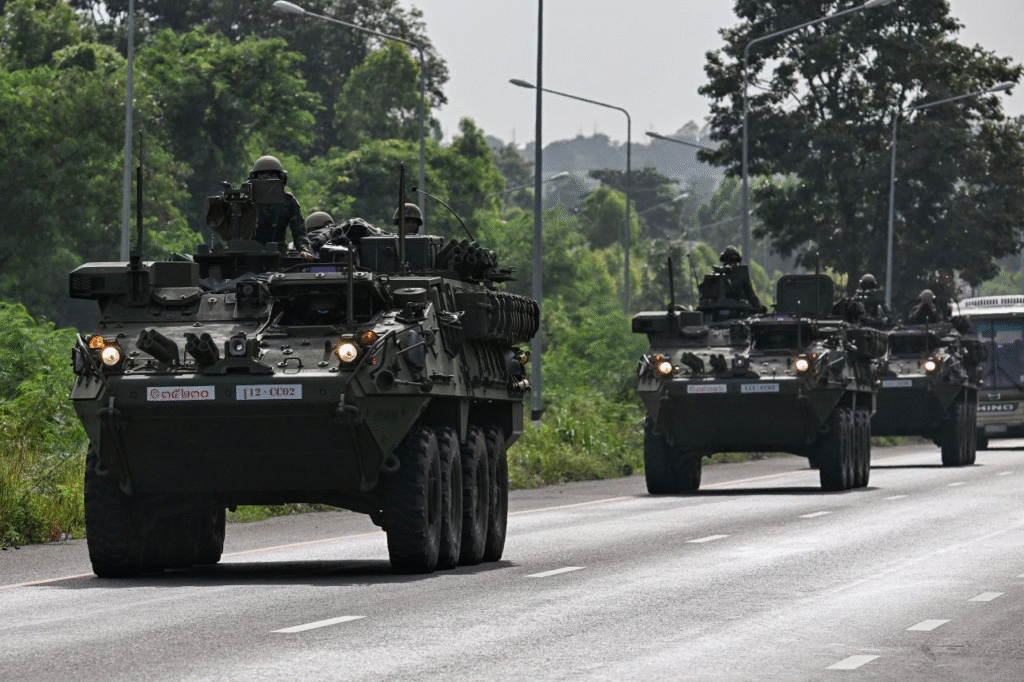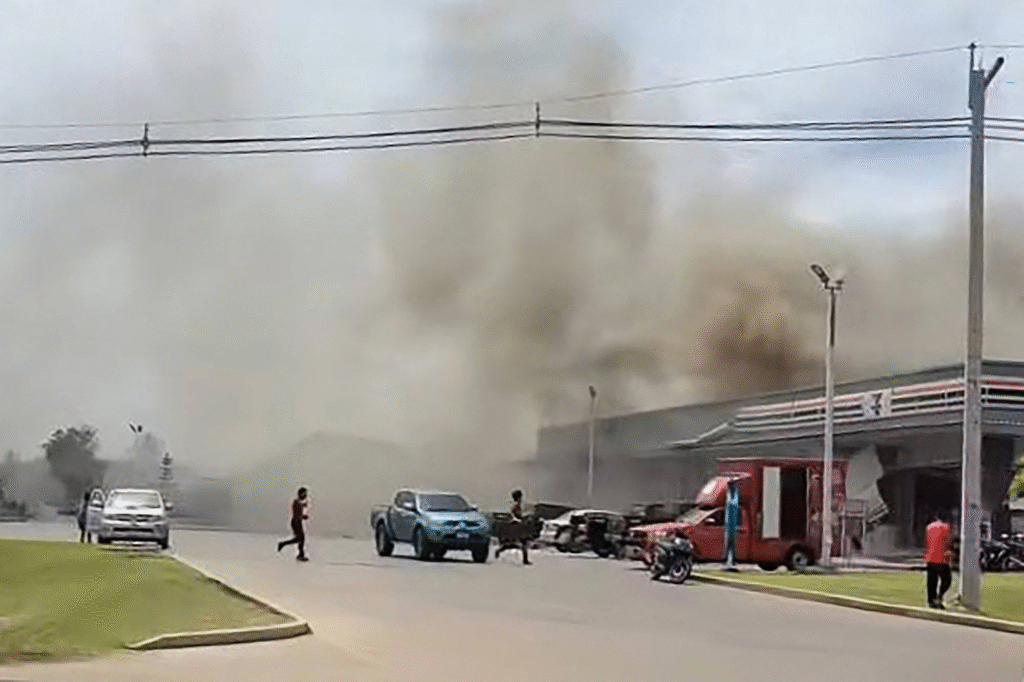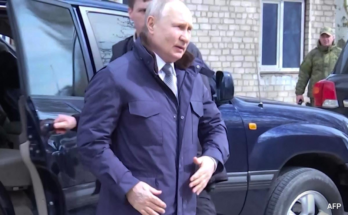BANGKOK/PHNOM PENH, July 24, 2025 – Tensions along the Thailand-Cambodia border erupted into deadly clashes on Thursday, marking the most severe conflict between the two Southeast Asian neighbors in over a decade. At least 14 people, predominantly civilians, have been killed, with Thailand reporting 13 civilian deaths and one soldier, alongside 46 injuries, while Cambodia has not yet confirmed its casualties. Both nations accuse each other of initiating the violence, which has involved heavy artillery, rocket fire, and Thai airstrikes, prompting Cambodia to call for an urgent United Nations Security Council meeting to address what it describes as Thailand’s “unprovoked aggression.”

The clashes began early Thursday morning near the Ta Muen Thom temple in a disputed border area between Thailand’s Surin province and Cambodia’s Oddar Meanchey province. Thai authorities claim Cambodian forces fired first, deploying a surveillance drone and launching BM-21 rockets into civilian areas, including a gas station in Sisaket province, where six people, including students, were killed. Cambodia, however, alleges that Thai troops initiated the conflict by violating a prior agreement and advancing on the temple, prompting a defensive response. The violence quickly spread to at least six locations along the 508-mile border, with Thailand deploying F-16 fighter jets to strike Cambodian military targets, including two bombs dropped near a road by the Preah Vihear temple, a UNESCO World Heritage site.

Cambodian Prime Minister Hun Manet condemned Thailand’s actions as “reckless and brutal military aggression” and urged the UN Security Council to intervene, emphasizing Cambodia’s commitment to peaceful resolution through international law. “Cambodia has always stood by its principle of resolving disputes through peaceful means, but in this situation, we have no choice but to respond with military force against armed aggression,” Manet stated on social media. His father, former leader Hun Sen, echoed this sentiment, accusing Thailand of shelling two Cambodian provinces and urging citizens to remain calm while avoiding border areas.

Thailand’s acting Prime Minister Phumtham Wechayachai described the situation as “delicate” and insisted that Thailand acted in self-defense, condemning Cambodia for targeting civilian areas, including a hospital in Surin province, which Thai Health Minister Somsak Thepsuthin called a potential war crime. Thailand has closed all border crossings, evacuated approximately 40,000 civilians from 86 villages, and urged its nationals to leave Cambodia. The Thai military has signaled readiness to intensify operations if attacks persist, with one F-16 strike reportedly destroying a Cambodian military target.

The conflict stems from a century-old dispute over undemarcated border areas, including the Ta Muen Thom and Preah Vihear temples, exacerbated by a 1907 French colonial map and a 1962 International Court of Justice ruling favoring Cambodia’s claim to Preah Vihear. Tensions have flared intermittently since 2008, with deadly clashes in 2011 killing at least 20 people. Recent events, including a Cambodian soldier’s death in May and a Thai soldier’s injury from a landmine explosion on Wednesday, have further strained relations, leading to mutual ambassador expulsions and downgraded diplomatic ties.
China, a regional ally to both nations, expressed “deep concern” and urged dialogue, with Foreign Ministry spokesperson Guo Jiakun stating Beijing’s commitment to promoting peace. Malaysia, the current ASEAN chair, has also called for restraint, with Prime Minister Anwar Ibrahim scheduling talks with both leaders to mediate. However, Thailand’s preference for bilateral negotiations and rejection of International Court of Justice intervention complicates prospects for a swift resolution.

As both sides fortify their positions, the clashes have displaced thousands, with Thai villagers seeking shelter in concrete bunkers and Cambodian residents evacuating border zones. The international community watches closely, wary of further escalation in a region historically prone to such disputes.


